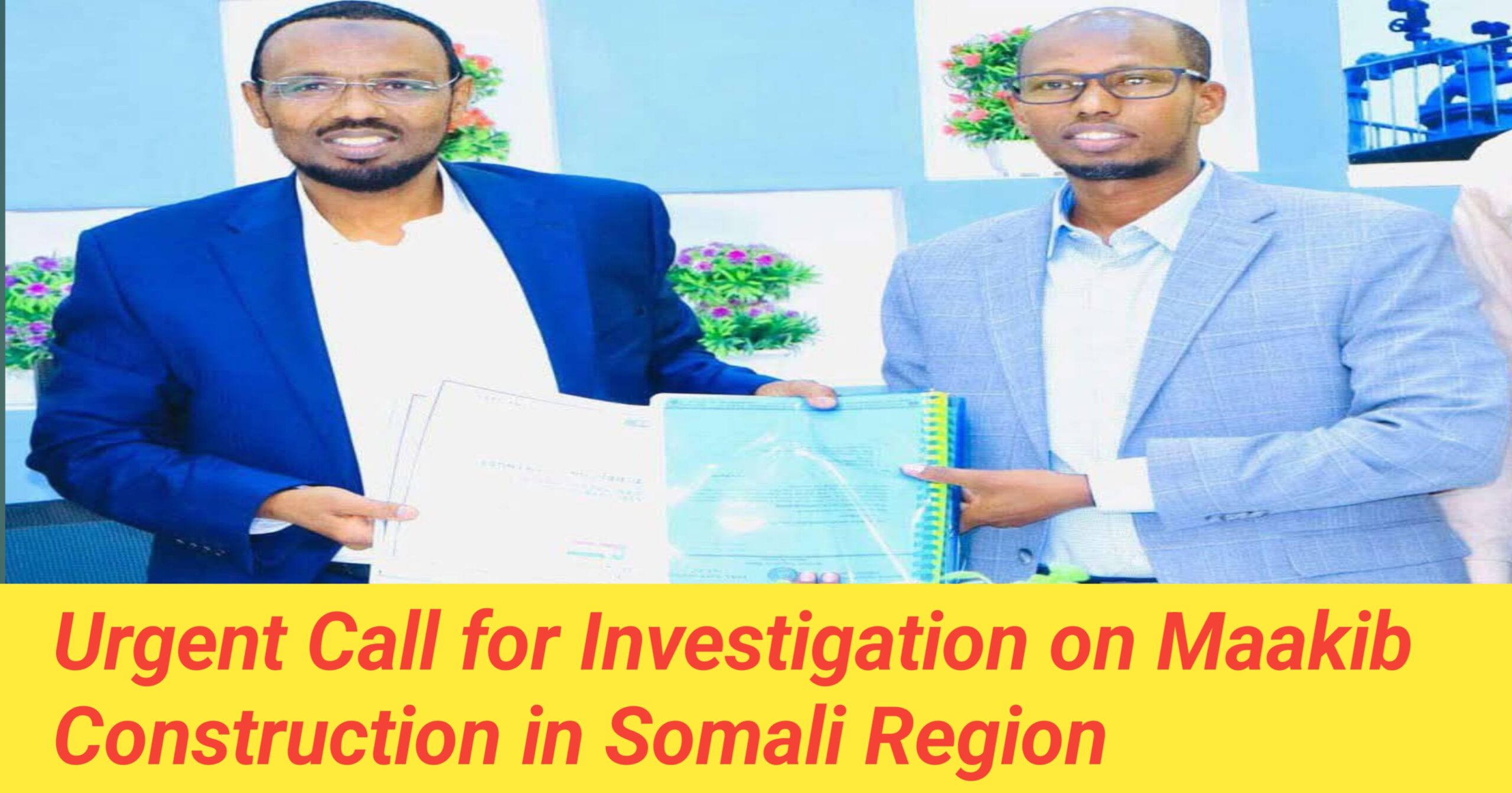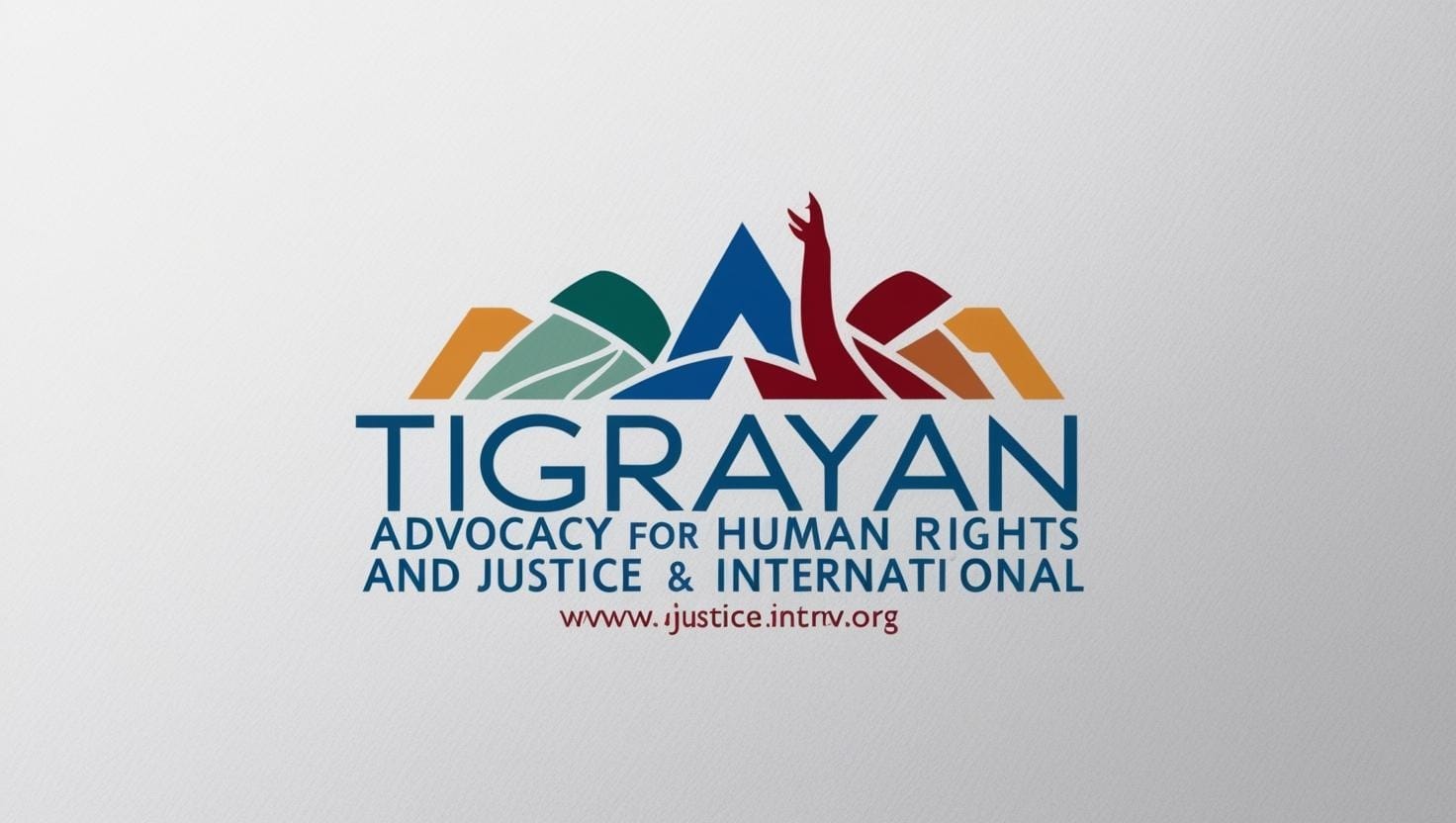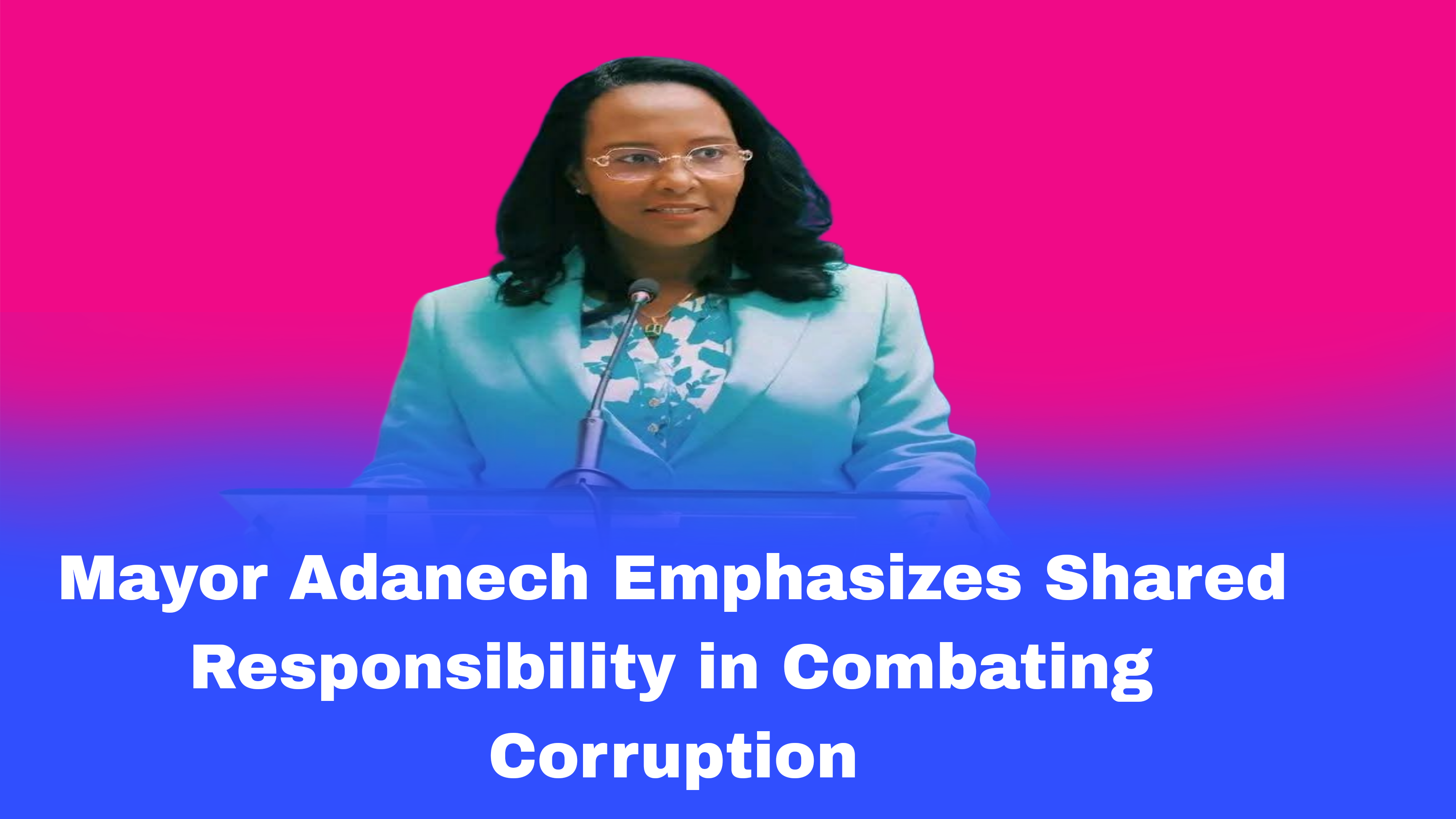Mekelle፡Telaviv, Nairobi, Pretoria, London, (Tigray Herald).
Ethiopia and Eritrea Preparing for War: What is Next for Tigray?
The Horn of Africa stands once again on the precipice of a devastating war. Ethiopia and Eritrea are massing troops along their borders, and the specter of a new large-scale conflict looms. In this dangerous climate, a critical question emerges: will Tigray once again be forced into becoming the battlefield for two hostile states?
Tigray Cannot Be the Battleground Again
For decades, Tigray has borne the brunt of wars fought by others. From the catastrophic Ethio–Eritrean war of 1998–2000 to the recent genocidal campaign that devastated its people, Tigray has become a recurring arena for geopolitical struggles that leave behind mass displacement, economic ruin, and deep scars on the population. The people of Tigray cannot afford to once again be sacrificed on the altar of regional rivalries.
The Role of Tigray
Instead of serving as a military corridor, Tigray must define its own role in this unfolding crisis. It should take a principled stand:
Reject being used as a proxy by either Ethiopia or Eritrea.
Assert neutrality in the looming war and advocate for peace-building mechanisms.
Mobilize diplomacy with international partners and African institutions to prevent another destructive cycle of violence.
Reclaim its agency as a people with a right to survival, dignity, and political self-determination.
Why Is the TPLF Aligning With Eritrea’s PFDJ?
One of the most troubling developments is the reported rapprochement between the Tigray People’s Liberation Front (TPLF) and the Eritrean ruling party, the People’s Front for Democracy and Justice (PFDJ). For the people of Tigray, this is not only politically confusing but also deeply painful. Eritrea under Isaias Afwerki was the chief architect and enforcer of the genocidal war that killed, raped, and starved countless Tigrayans between 2020 and 2022. To see the TPLF now seeking tactical cooperation with such a regime raises fundamental questions of legitimacy and betrayal.
The alliance may be based on short-term political calculations against a common adversary in Addis Ababa, but it risks undermining the moral ground of Tigrayan leadership. Aligning with a historic enemy erodes trust among Tigrayans and fuels the perception that ordinary people’s suffering is being exploited for the power games of elites.
A Call for Clarity and Principle
At this decisive moment, Tigray’s leadership must articulate a clear vision that reflects the aspirations of its people rather than the expediency of its political class. The choice is stark: either remain pawns in a deadly rivalry between Ethiopia and Eritrea, or chart an independent, principled path that protects Tigray’s survival and secures its future.
The people of Tigray have already endured genocide, displacement, and famine. They should not be condemned to serve as cannon fodder once more. Instead, their resilience and sacrifice must be channeled into building a future free from endless wars orchestrated by external actors.






